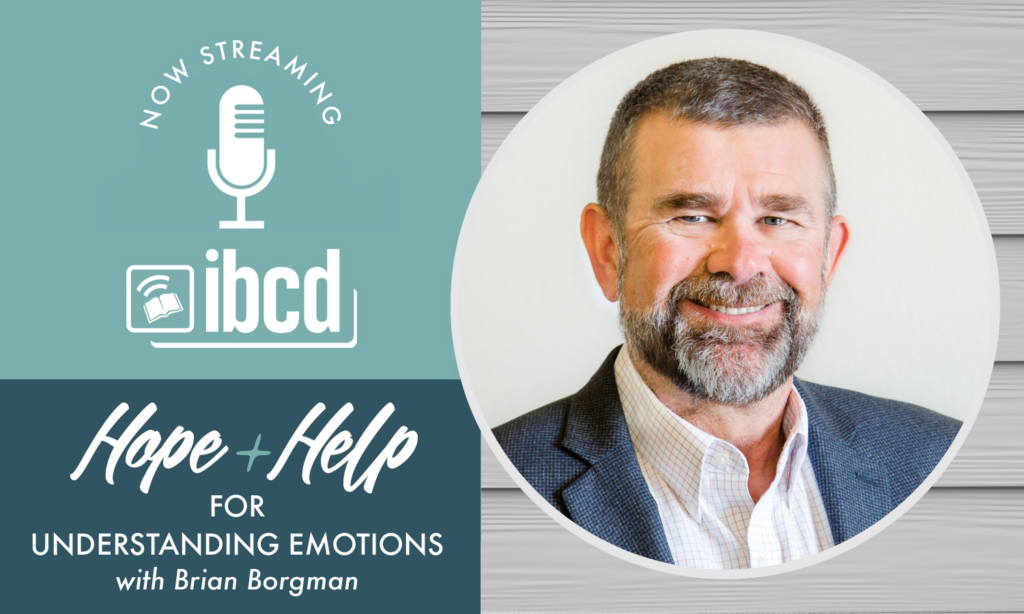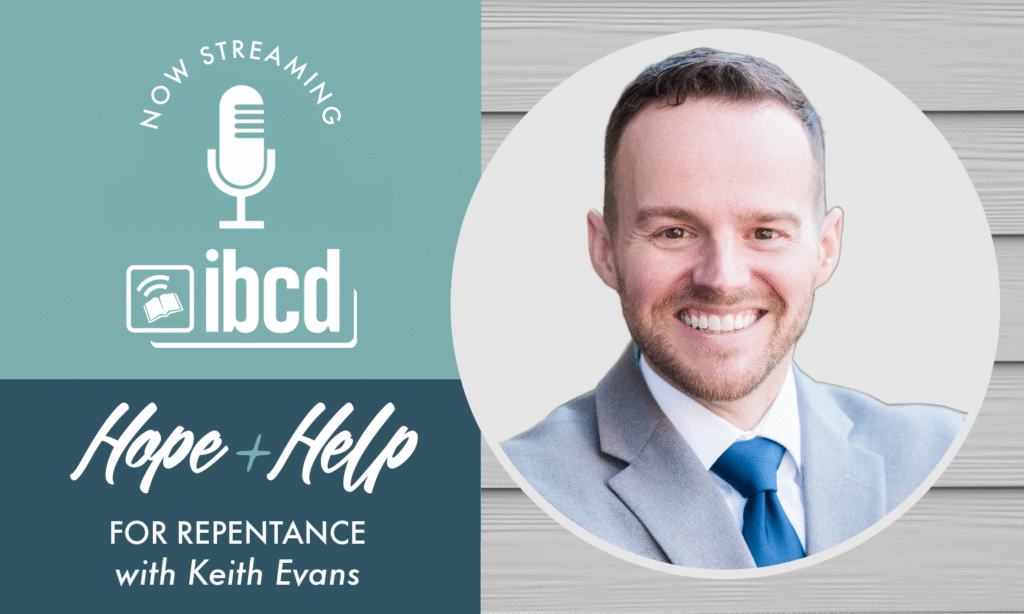I'm often asked, "Should Christians take medication for mental health issues?"
I have spoken to a number of people suffering under the crushing weight of fear regarding seeking medical treatment for a season of depression, anxiety, panic, eating disorder or self-harm.
Fear from what, you ask? From the reprimand of loved ones, church members, classmates, professors, colleagues, and even spouses, who would view any medical intervention (if only a routine physical check-up) as defective, cowardly faith.
Is this sort of fear what the biblical counseling movement at-large wants its counselors to convey? The answer, in short, is no.
While individual Christians, churches, and traditions all have their opinions about whether or not a believer ought to attempt to seek treatment for an apparent mental health issue, the authoritative Word does give us specific instruction–as well as Christian liberty (Romans 14)–pertaining to the compassionate spiritual, emotional, and physical care of our brothers and sisters in Christ.
I have spoken to a number of people suffering under the crushing weight of fear regarding seeking medical treatment for a season of depression, anxiety, panic, eating disorder or self-harm.
Fear from what, you ask? From the reprimand of loved ones, church members, classmates, professors, colleagues, and even spouses, who would view any medical intervention (if only a routine physical check-up) as defective, cowardly faith.
Is this sort of fear what the biblical counseling movement at-large wants its counselors to convey? The answer, in short, is no.
While individual Christians, churches, and traditions all have their opinions about whether or not a believer ought to attempt to seek treatment for an apparent mental health issue, the authoritative Word does give us specific instruction–as well as Christian liberty (Romans 14)–pertaining to the compassionate spiritual, emotional, and physical care of our brothers and sisters in Christ.











